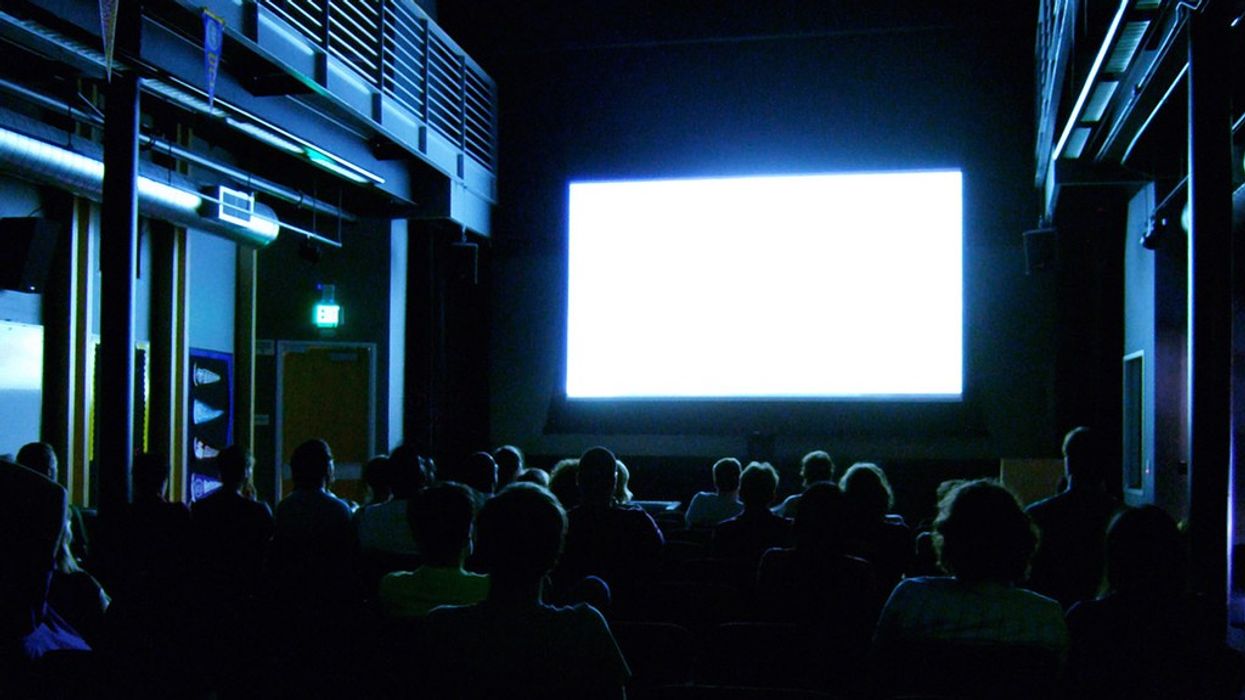6 Do's and Don'ts for Submitting to Film Festivals, According to Programmers
Here's what to do — and what not to do — to improve your film festival chances, straight from the horse's mouth.

A panel at SXSW 2016 hosted by Dan Brawley of North Carolina's Cucalorus Film Festival was zinging with useful information about the state of curation, festival secrets, and tips for filmmakers. Here are some essential pieces of advice from the people whose very job it is to curate your film.
"In an oversaturated market, you have to be really specific."
1. DO: Be specific about your film's hook
Don't say things that apply to every independent film ever. Nobody has money, nobody has stars — these are not selling points.
Instead, it's helpful to think about describing your film with three terms: First, only, and last. The example given in the room was by Film Festival Secrets author Christopher Holland: "If your film is the first film by a blind nun, that's what gets attention at first."
If your film has a unique hook, use it. If it is, for example, the only film made at a specific location, or the last film utilizing an actor before they passed away, the hook will help programmers remember your project.
2. DO: Tell the festival what's in it for them
If you can, send materials or information about how you think the film will be received, or what you would do at the premiere if it's programmed. Show them the work you've done in terms of audience engagement. The festivals want to know: Is there an audience for this film? Qualify the kind of attention your film could bring to the specific festival to which you're applying.
"A filmmaker's enthusiasm can have an impact on how we view their work. A lot of it depends on how you reach out."
3. DO: Reach out
Reaching out to festivals is important, and though most programmers will tell you it doesn't help or hurt your chances, it does impact your chances in some nebulous ways. If you can get a programmer to remember you, or pass your film to a programmer who will respond to your work, it's all part of the intangible process of how curation works.
Brawley: I love it when filmmakers reach out to us. Not that it will change our minds, but a filmmaker's enthusiasm can have an impact on how we view their work.
Roya Rastegar (LA Film Festival): I think it is important to reach out, but I don't think it affects your chances in any way.
4. But DON'T: Tell your life story, or forget to ask for a waiver
Nobody wants to hear your life story in an email. And don't send an email to multiple people on one team.
Brawley: A lot of it depends on how you reach out. If you send me a long, long email with a bio of your 2nd A.D. and everything you've ever done and awards you've won, I'm not gonna read it. If you send me something funny, a picture of a cat eating your dog's poop, I'll be like yeah, let's get this guy to the festival. That's just me.
Rastegar: [Send me] three to five bullet points only. Answer simple questions: is it a World Premiere? Make it personal, brief, and always ask for a waiver. If a filmmaker asks for a waiver, I'm [usually] like, "Here you go." Always ask — one time.
"[Thinking your film is bad because it didn't get in] is like leaving a grocery store and saying everything you didn't buy in there is shit. That's crazy, right?"
5. DON'T: Not submit just because you're a minority filmmaker
On paper, it looks like there aren't that many women or people of color making films. Of course, in reality, that's not true — a lot of these people just aren't submitting to festivals. As more and more organizations make it a part of their mission to elevate under-represented voices, know that you have to put yourself in front of those festivals for the equation to work. Sure, everybody submits to Sundance — it's like a lottery — but there are plenty of other festivals, like the LA Film Festival, that are looking for you.
6: DON'T: Get discouraged if you're not accepted
There are so many films, but only so many festival screening slots. Brawley gave an apt picture of a flooded market.
Brawley: [Thinking your film is bad because it didn't get in] is like leaving a grocery store and saying everything you didn't buy in there is shit. That's crazy, right? There's a lot of good stuff in there, but you can't buy it all, you can't eat it all. The worst thing that happens in my mind is when a filmmaker doesn't get accepted and they unleash a social media barrage saying it was the most important thing in their life and they can't believe they didn't get in. I'm thinking, "Why did you wait until now to tell us that?"
For more, see our complete coverage of the 2016 SXSW Film Festival. Listen to our podcasts from SXSW (or subscribe in iTunes):
No Film School's coverage of the 2016 SXSW Film Festival is sponsored by SongFreedom.
Main article photo credit: Kenneth Lu, Flickr Creative Commons











